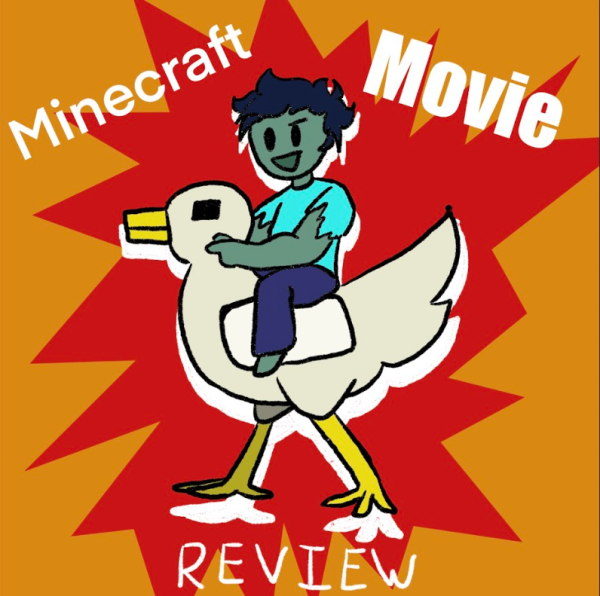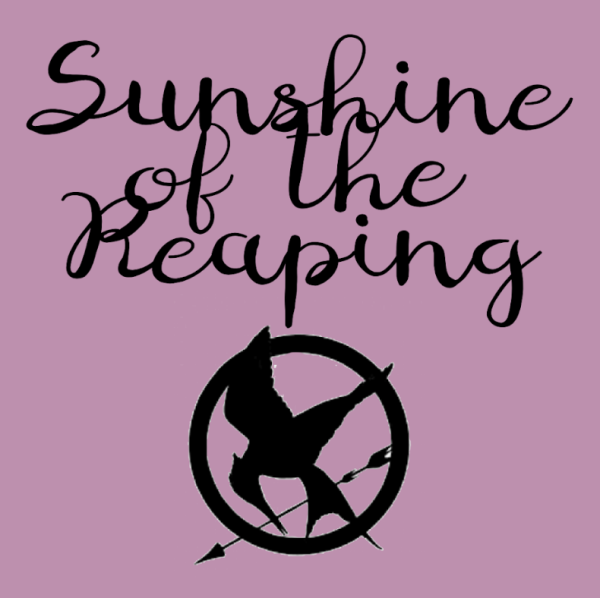Book Ban Banning the Wrong Books
Recently, many important books have been banned worldwide. Many parents disagree with the message it sends to their children. Books currently banned aren’t a new topic; it’s something that’s been around for decades now, but there’s been a recent trend that states would have particular books banned. They typically will go for books regarding race and LGBT rights.
Although the thoughts behind their actions are understandable, some parents would rather speak with their children and guide them. However, some parents have more malicious intent. Some would argue that they don’t teach their kids about this information because they don’t want their kids to know about it.
An excellent example is a book named “Maus” created by Art Spiegelman. The book has to do with the Holocaust and survivors’ perspectives. In this book, each group of people is represented by a different animal, whether it is a mouse, dog, or fish. Each animal plays a part and is treated as a different race. Certain animals are considered more important than others—say a lion being more important than a mouse. Depending on what animal you may be, you’ll end up being treated better or worse. The main reason this book is banned in many countries is because of nudity, although none was present. The most it shows is mice that represent the Jews at the time in their underwear in line for the gas chambers. But like I said before, the presented animals are not actual humans. It doesn’t seem right to cover important information that could change how people view the Holocaust. It hits critical points that people really should see.
Many believe the actual reason is a rise in antisemitism worldwide, specifically in the United States. Similar situations like this happen with movies. When movies don’t follow what editors believe in, they will ban reviewed films, preventing you from watching them or the specific section they disagree with. When it doesn’t follow the schedule they want or think about, they either change areas in their script or skip portions in the movie. With books, it works pretty similarly; in movie scripts and books (or really any form of writing that sends the public a message), editors carefully choose what they are permitted to publish for us to consume. They have more control over the content you soak up and therefore gain power over how they can make you think. If the content you watch makes you feel a specific way, they’ll try to leverage this to their advantage.
When books get banned, people must be more mindful of what they publish because this could lead to a situation where the reader doesn’t know what to believe anymore if the truth isn’t completely revealed.

Hello Royals! My name is Abbie Vilcapoma. I’m a senior, and this will be my third year of journalism at QHHS. I look forward to enjoying my last year...






